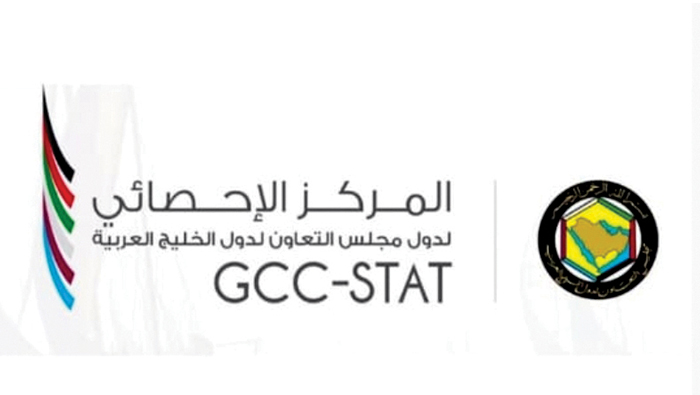
Muscat: The data issued by the Statistical Centre for the Cooperation Council for the Arab Countries of the Gulf (GCC-Stat) indicate that the financial risks of the GCC countries will be low in the short term amid forecasts of stable or declining interest rates locally and globally. The reports issued by credit rating agencies also signalled an improvement in the sovereign bond rating of the GCC countries in 2023. It is also expected that the credit attractiveness of GCC countries will increase, which would allow for the rescheduling of their public debts at lower financial costs.
According to the estimates of the GCC-Stat, the public debt of the GCC countries is expected to stabilise at 28% of the GCC countries’ GDP during the years 2024 and 2025. The financial budget reform plans, which are based on improving the efficiency of public spending and programmes to stimulate growth in non-oil sectors, would contribute to achieving a balance between maintaining the economic growth rate and the sustainability of public spending.
The data issued by the GCC-Stat also reveal that the public debt of the GCC countries has doubled over the past ten years to reach about $628 billion in 2023, after it was $144 billion in 2014. The volume of debt as a percentage of the GCC countries’ GDP increased to reach its peak in 2020 at 40.3%, before declining in the following years to reach about 29.8% in 2023.
The total public finances in the GCC countries also recorded a significant deficit during the period from 2014-2021. The highest deficit value was registered in 2015, with an amount of about $158 billion, which accounts for 11.1% of the total GCC countries’ GDP. In 2020, a deficit of $128 billion was recorded, which represents 8.8% of the total GDP.
The public finances of the GCC countries witnessed a significant financial surplus in 2022 estimated at $134 billion, representing 6.1% of the gross domestic product, followed by a surplus of $2 billion in 2023.
The total public revenues in the GCC developed significantly during the period 2021-2023 to record about $641 billion in 2023. Oil revenues accounted for 62% of public revenues, compared to $723 billion in 2022, of which oil revenues accounted for 67%.
Total public spending in the GCC countries reached its highest levels in 2023, recording about $639 billion. Current spending accounted for 85% of the total public spending, compared to 15% for investment spending in the GCC countries.